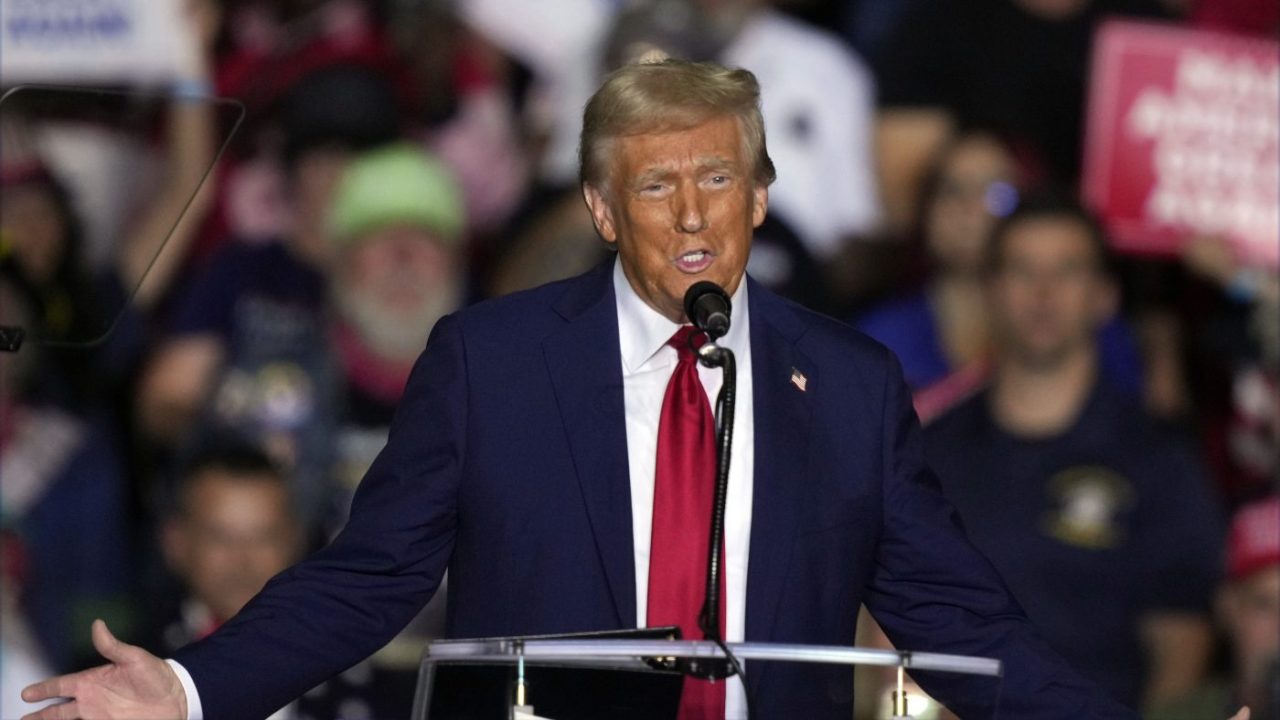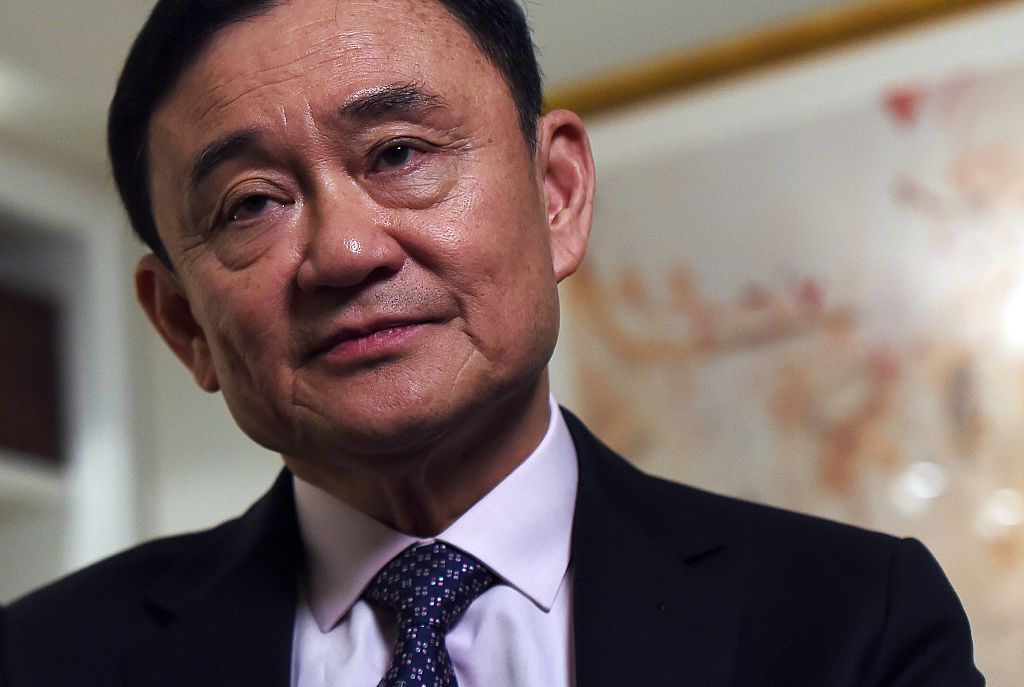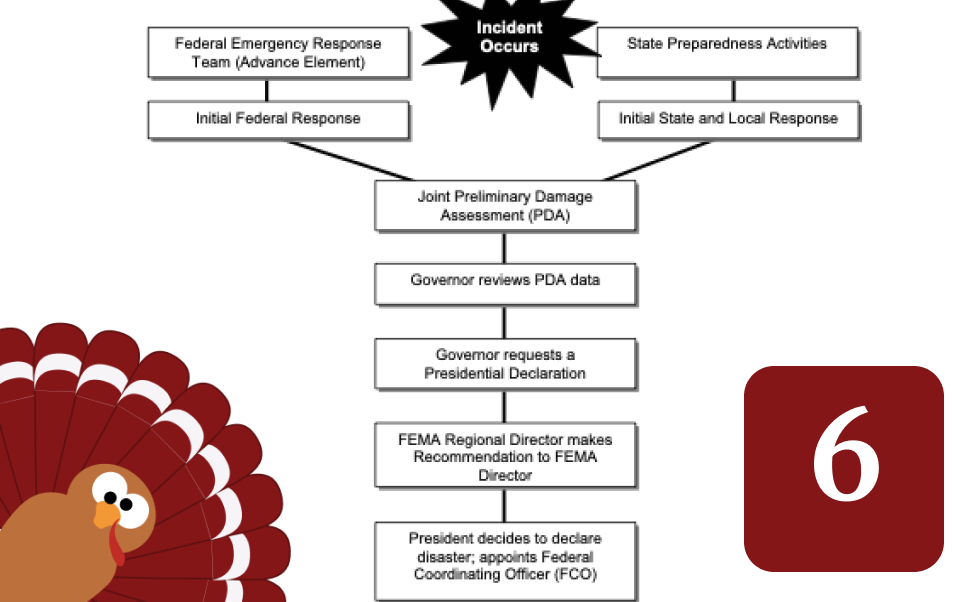The Trump Administration's Influence On European AI Policy

Table of Contents
Trade Wars and Technological Nationalism
The Trump administration's protectionist trade policies, characterized by tariffs and trade disputes, significantly impacted European efforts to collaborate on AI research and development. This "America First" approach fostered a climate of uncertainty and hindered the free flow of AI-related goods and services across the Atlantic.
- Tariffs on AI components: Tariffs imposed on crucial components used in AI systems, such as semiconductors and advanced computing hardware, increased the cost of research and development for European institutions and companies. This hampered competitiveness and encouraged a shift towards regional sourcing.
- Increased focus on technological independence: The trade wars spurred a significant increase in European efforts toward achieving technological sovereignty and reducing reliance on US technology. This manifested in increased funding for domestic AI research and development programs and a greater emphasis on building independent supply chains.
- Shifting alliances: The trade disputes led to a reassessment of alliances, pushing Europe to strengthen its partnerships with other nations outside the US to secure access to essential technologies and collaborate on AI projects. This fostered closer cooperation with countries like China and fostered the development of alternative technological standards.
Data Privacy and Regulatory Divergence
A key divergence between US and EU approaches lies in data privacy. The EU's General Data Protection Regulation (GDPR), with its stringent rules on data collection and usage, stands in stark contrast to the less stringent US regulations. This fundamental difference significantly influenced European AI policy.
- GDPR's impact on AI development: The GDPR necessitates a more cautious and privacy-conscious approach to AI development and deployment in Europe. This led to a greater focus on ethical AI, explainable AI, and data minimization techniques.
- Ethical considerations: The contrasting approaches to data privacy shaped the ethical considerations within European AI frameworks. European AI strategies prioritize transparency, accountability, and fairness, reflecting the values embedded in the GDPR.
- International AI collaboration challenges: The differing regulatory landscapes create challenges for international AI collaboration. Data sharing and cross-border AI projects face hurdles due to compliance requirements, hindering seamless collaboration with US partners.
Shifting Geopolitical Alliances and AI Development
The Trump administration's withdrawal from international agreements and its unilateral foreign policy stances impacted the formation of European alliances in the field of AI. This created a vacuum that Europe actively sought to fill.
- Impact on international agreements: The US withdrawal from the Trans-Pacific Partnership (TPP) and the Paris Agreement, for example, signaled a retreat from multilateralism, prompting Europe to actively seek and strengthen collaborations with other global partners to advance AI development.
- Increased European cooperation: This situation led to intensified cooperation within the EU and with other like-minded nations. Joint AI initiatives, research projects, and the development of common standards gained momentum.
- Long-term consequences: The realignment of global alliances in the AI landscape may have long-term consequences. It could lead to the emergence of distinct technological blocs, impacting global innovation and potentially creating a more fragmented AI ecosystem.
The Impact on Funding and Research
The Trump administration's policies on scientific funding and international research collaborations directly influenced AI research funding and initiatives in Europe.
- Funding cuts and shifting priorities: Reductions in US funding for international scientific collaborations and a shift in research priorities under the Trump administration led to uncertainties for European researchers involved in joint projects.
- Impact on European AI projects: This impacted the progress of several European AI research projects and collaborations. It also prompted European institutions to seek alternative funding sources and strengthen their independent research capabilities.
- Increased independent funding: The decreased reliance on US funding potentially stimulated increased independent European funding for AI research, fostering innovation and self-reliance in the field.
Assessing the Trump Administration's Legacy on European AI Policy
The Trump administration's policies significantly impacted European AI policy, accelerating the shift towards greater data privacy, technological independence, and the forging of new alliances. Europe's response involved a more robust commitment to ethical AI, independent research, and strengthened cooperation with global partners. This strategic repositioning will likely have lasting effects on the European AI landscape and its global competitiveness.
Key Takeaways: The Trump era prompted a significant reassessment of transatlantic relations in the AI sphere, pushing Europe to prioritize data sovereignty, independent technological development, and alternative strategic partnerships.
Future Implications: The long-term effects of this shift include a more fragmented global AI landscape, increased competition, and the potential emergence of distinct technological blocs. Understanding these consequences is crucial for navigating the future of AI development and international cooperation.
Call to Action: Understanding the Trump administration's legacy on European AI requires ongoing research and discussion. We encourage you to explore related resources and participate in the conversation on analyzing the impact of US policies on European AI development, furthering our understanding of this crucial geopolitical and technological shift.

Featured Posts
-
 Trumps Proposed Ban On Congressional Stock Trading A Time Magazine Interview Analysis
Apr 26, 2025
Trumps Proposed Ban On Congressional Stock Trading A Time Magazine Interview Analysis
Apr 26, 2025 -
 Thaksins Return A Reset Of Thai Policy And Us Trade Negotiations
Apr 26, 2025
Thaksins Return A Reset Of Thai Policy And Us Trade Negotiations
Apr 26, 2025 -
 Exclusive Pete Hegseth Under Pressure Amidst Pentagons Polygraph Controversy And Leaks
Apr 26, 2025
Exclusive Pete Hegseth Under Pressure Amidst Pentagons Polygraph Controversy And Leaks
Apr 26, 2025 -
 Federal Disaster Aid Qualification Process To Become More Stringent
Apr 26, 2025
Federal Disaster Aid Qualification Process To Become More Stringent
Apr 26, 2025 -
 Portnoy Slams Newsom A Detailed Look At The Heated Exchange
Apr 26, 2025
Portnoy Slams Newsom A Detailed Look At The Heated Exchange
Apr 26, 2025
